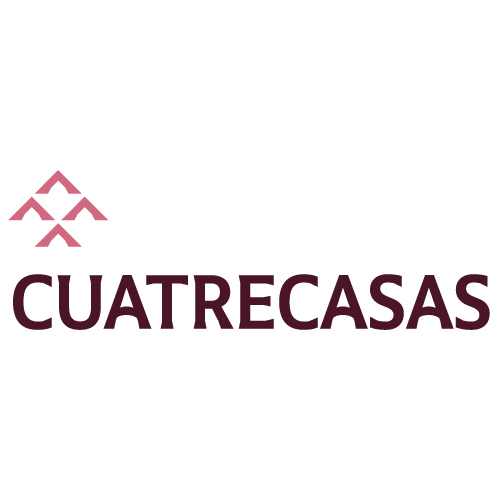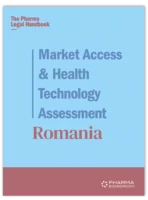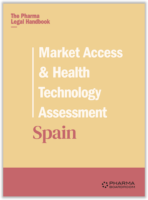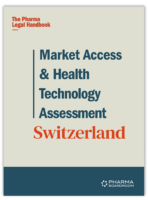Public Procurement and Tendering
Cuatrecasas / Portugal
Join industry executives in staying informed on the market access and HTA process in Portugal.
1. Which are the main actors involved in public procurement and tendering?
Within the health sector, public procurement and tendering involve mostly the participation of entities pertaining to the NHS, namely public companies who manage public healthcare facilities, clinics, hospitals, investigational sites.
2. What are the main characteristics of the public procurement and tendering system?
The Portuguese public procurement and tendering system follows the European Union rules, according to which public entities must launch public procurement procedures in order to acquire goods, works or services from market operators. These procedures must follow the public interest and ensure competition, publicity and transparency.
There are several types of procedures that can be followed by public entities, and these depend mainly on the goods, works or services to be acquired and their cost. In the health and pharmaceutical sector, the most common procedures to be followed are public tenders, where several entities may present a proposal, and direct awards, where a specific entity is invited to submit a proposal.
One specificity of the health and pharmaceutical sector is the centralized purchasing of products, through SPMS – Serviços Partilhados do Ministério da Saúde, which manages and centralizes public procurement procedures for some entities of the National Health Service.
Considering the usual practices of the pharmaceutical sector in regards donations to healthcare facilities, it is worth noting that Portuguese public procurement rules may prevent a company (including its affiliates) from participating in direct awards and prior consultation procedures when such company has provided free of charge goods, services or works to the public entity which is inviting the company to present a proposal.



































































